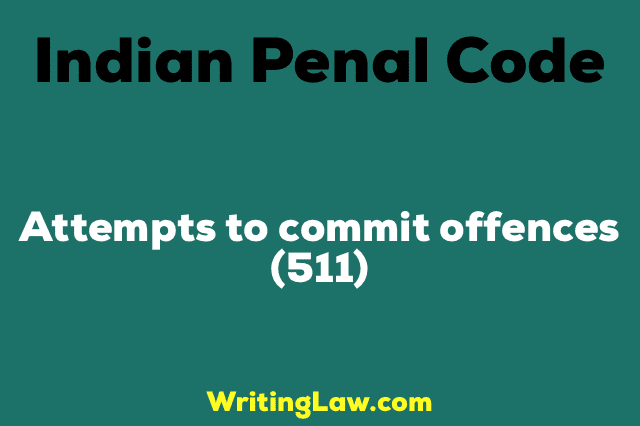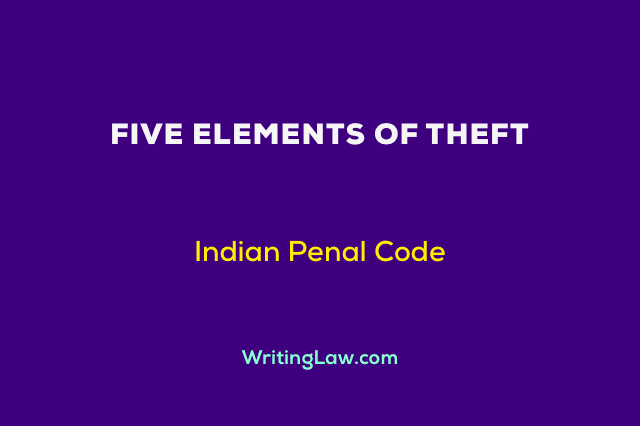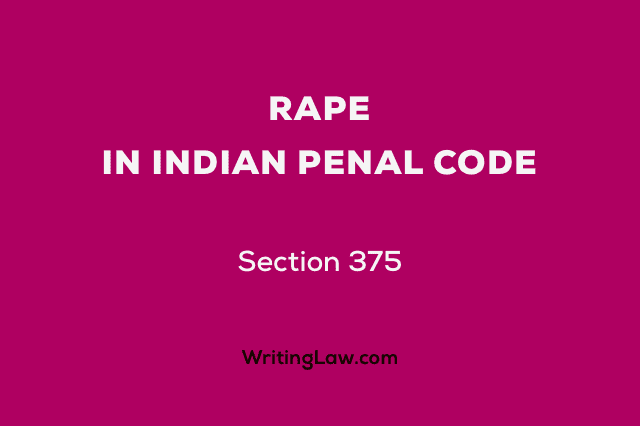Chapter XXA of IPC – Section 498A
Cruelty by Husband or Relatives of Husband
498A. Husband or relative of husband of a woman subjecting her to cruelty.
Whoever, being the husband or the relative of the husband of a woman, subjects such woman to cruelty shall be punished with imprisonment for a term which may extend to three years and shall also be liable to fine.
Explanation-
For the purpose of this section, “cruelty” means-KEEP READING

















